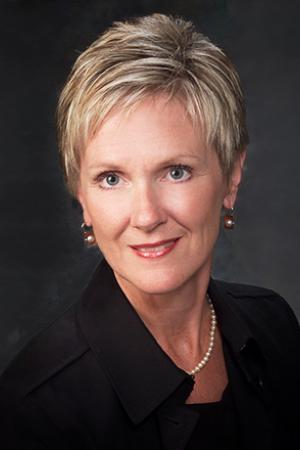
Heart disease is a sobering reminder of mortality. After a heart attack or surgery, you live with a new reality. Maybe you’re faced with dietary restrictions or lifestyle changes or a new pharmaceutical regimen. Probably you’re more conscious of your breathing and your heart rate. With all the preoccupations and adjustments that accompany heart disease, sex can become a low priority. Maybe you’re afraid that intercourse will damage your newly fragile heart or actually trigger a heart attack. Or maybe it’s hard even to be interested in sex.
After a heart attack, it’s important to resume normal activities and to feel connected to people and life. What better way to feel vital and connected than to make love with your most intimate companion? Generally, the issues that stifle your sex life after a heart attack or surgery have to do with fear, depression, medication and lack of communication with the doctor.
First, let’s address the persistent myth that sex can cause a heart attack. Studies repeatedly show that, if you can walk up a flight of stairs or carry a 20-pound bag of groceries into the house, you’re fit enough for sex. If you’ve passed the stress tests and are cleared to resume normal activity, what better activity than sex? Sure beats doing the laundry.
If you continue to worry, air your concerns with your doctor. An eye-opening study conducted at the University of Chicago revealed that doctors frequently neglect to talk with patients about their sex lives following a myocardial infarction, and that this tendency was particularly pronounced with female patients. (Less than half the men and less than one-third of women received instructions about sex when they were discharged from the hospital.) Patients who didn’t receive guidance from their doctors about sex were less likely to be sexually active in the year following their heart attack. So if the doctor doesn’t advise you about sex, please initiate the conversation yourself!
Depression commonly follows on the heels of heart disease, and women are more likely to become depressed than men. And both depression and many antidepressant drugs are likely to suppress sexual interest, leaving you between a rock and a hard place, sexually speaking. The good news is that depression after heart surgery or a heart attack usually resolves itself in about three months.
Other medications, such as beta-blockers that lower blood pressure and regulate heart rate, have also been linked with depression and sexual dysfunction. Again, your doctor may be able to adjust dosages or switch medication if necessary.
Finally, the good news is that sex is good for you emotionally and physically. It’s like a gentle, pleasurable workout. And anything you can do to improve your overall health--exercising, losing weight, stopping smoking--will improve your heart health and, incidentally, the quality of your sexual life.
